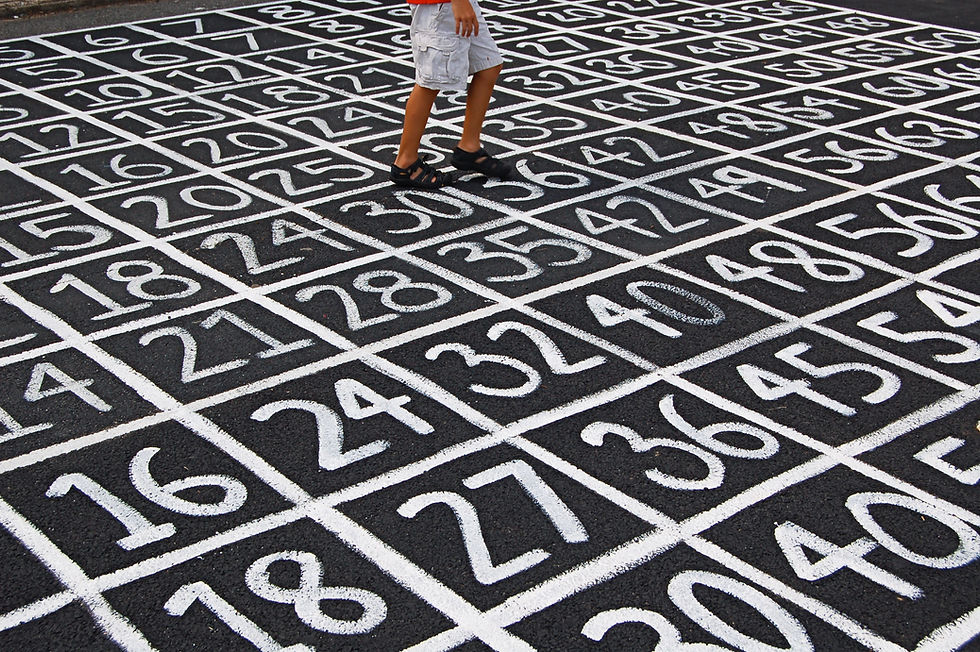Coordinators: Creating assessment and annual calendars
- Kieran Burgess

- Oct 21, 2025
- 3 min read
For any IB Diploma Programme Coordinator (DPC) or Career-related Programme Coordinator (CPC), the year can feel like a relentless series of overlapping deadlines. From registering students to uploading coursework and managing finances, keeping everything on track is a monumental task. Added to that is the unstoppable force of student deadlines, IAs, in-class tests and the stresses these bring to 17-18 year olds coping with a monumental cacophony of demands on their time and attention. In a recent webinar, I outlined how two distinct but interconnected calendars can bring order to this chaos. This approach not only streamlines administrative tasks but also, crucially, protects student and staff wellbeing.

The Two Essential Calendars
The Annual Calendar: Think of this as your high-level, strategic overview for the year. This document is primarily for you, the DPC, and provides an "at-a-glance" guide to the entire academic year. It should include the non-negotiable deadlines and key events, both those set by IBO and your major internal deadlines and events. Key items to include are:
Key interactions and procedural pivot points with the IBO.
Financial deadlines, such as invoices for annual fees and student registration.
IB-set deadlines for assessment starters, final coursework uploads and exams.
Internal whole-cohort deadlines and exams.
The Assessment Calendar: This is a more granular, student-facing document that is essential for the DP and CP and is becoming increasingly important for the MYP as well. Its purpose is to collaboratively plan and schedule all internal assessment milestones for the entire two-year programme. This is the calendar that students, teachers, and parents will use to plan their time effectively.
Why You Absolutely Need an Assessment Calendar
Creating a detailed assessment calendar isn't just good practice; it's a requirement from the IB, which mandates that schools spread the assessment load to support student wellbeing. The IB's own requirement states that "The school demonstrates in its systems, processes and policies attention to the social, emotional, and physical well-being of its students and teachers".
A well-constructed assessment calendar achieves several benefits:
It allows students and teachers to realistically plan their work.
It signals that students are undertaking a single, unified Diploma, not nine separate components.
It significantly reduces student stress by avoiding the pile-up of major deadlines.
It gives teachers adequate time for crucial steps like providing feedback, checking for authenticity, marking, and preparing moderation samples.
Ultimately, the goal is to create a schedule with "cemented dates" that are immovable, giving the entire school community a predictable and balanced roadmap.
How to Co-Construct Your Assessment Calendar: A Step-by-Step Process
The most effective assessment calendars are not created in a vacuum. They are co-constructed with your staff. As we discussed in the Ibicus webinar, there is a clear process to follow. You can see the steps of this process in the slides, below:
You can download the sample assessment calendar and annual calendar templates for free here:
These files are Google sheets - please download your own copy for editing; please don't request edit access to these files as this will be ignored.
Happy calendaring!




Comments